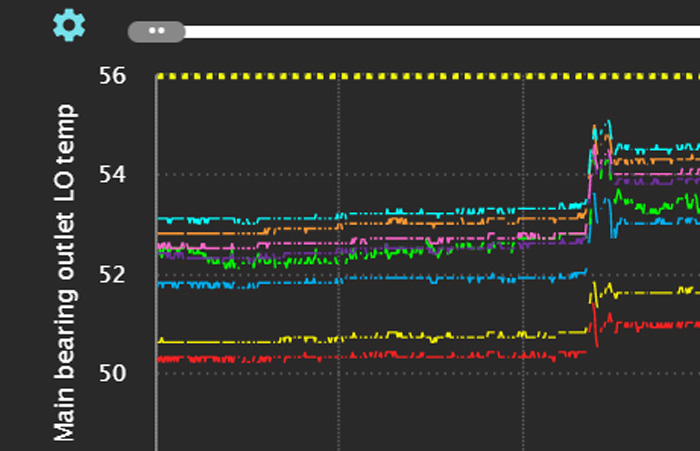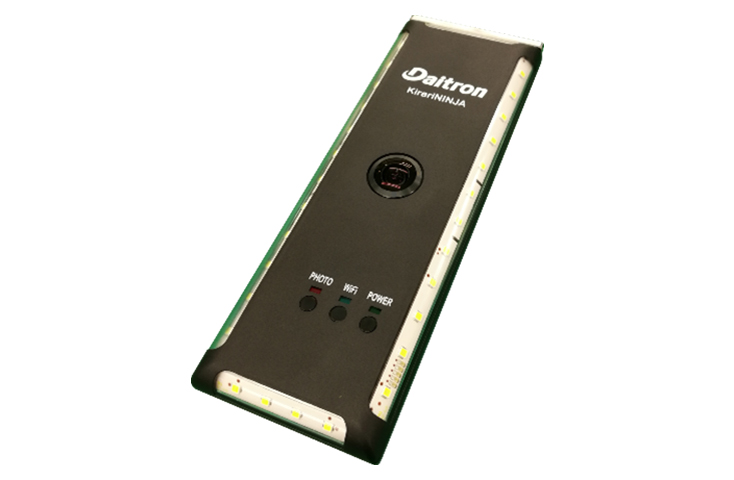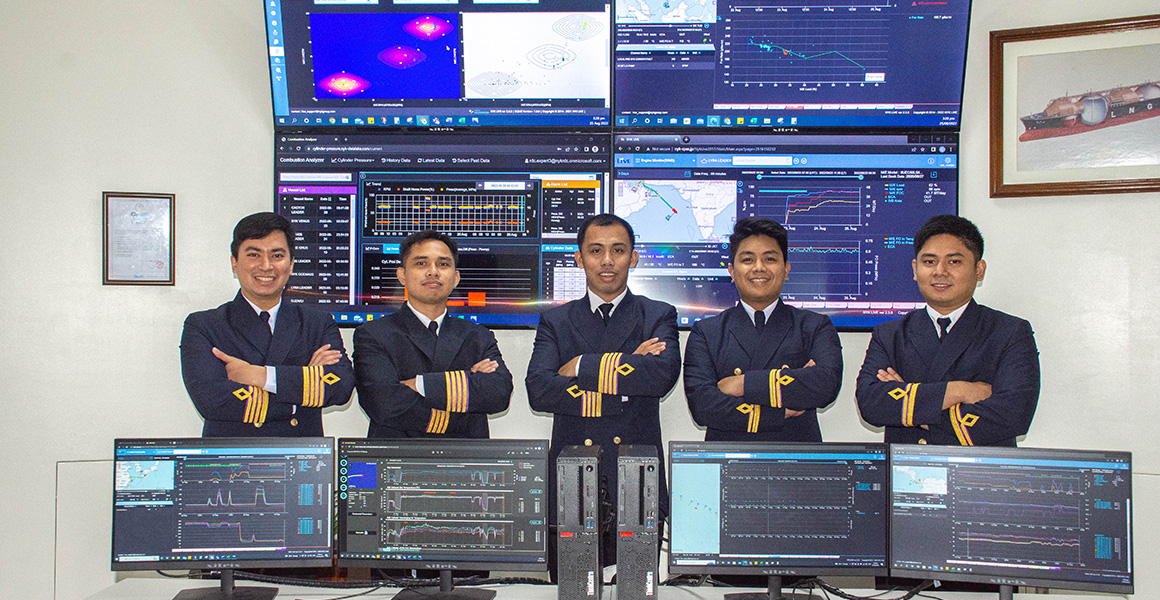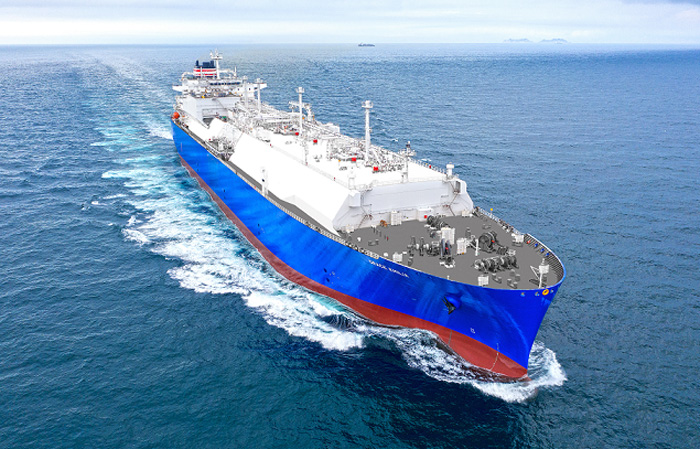Engine Monitoring
Background
In recent years, in order to reduce greenhouse gases and realize a decarbonized society, there has been a shift to various alternative fuels, including LNG.The International Maritime Organization (IMO) is working to establish operational guidelines for ammonia fuel. The plant structure and control of engines that use these alternative fuels are much more complex than those of conventional diesel-powered ships. In addition, some of these fuels are toxic or explosive in themselves, presenting challenges, such as ensuring safety and training crew members.
The NYK Group ESG Story, which is released by NYK, also identifies “safety,” “environment, and “human resources” as important issues. We contribute to the further enhancement of the NYK Group’s corporate value by collecting data on ocean-going ships utilizing the Ship Information Management System (SIMS) developed by NYK and MTI, and using the data to detect anomalies in engine plants.
Goal
- Safe operation of various alternative fuel ships
- Realization of advanced ship management through data monitoring
Expected Deliverables
- Condition Based Maintenance (CBM) certification by classification societies
- Engine anomaly detection and diagnostic system
- Universal risk assessment scheme
Initiatives to date
We developed a system that collects data from sensors installed on ships via satellite communication and detects anomalies. At the Remote Diagnostic Center (RDC) established in the Philippines, experts with domain knowledge of ships analyze data together with the machine learning system to diagnose the condition of ships and proactively prevent accidents.




